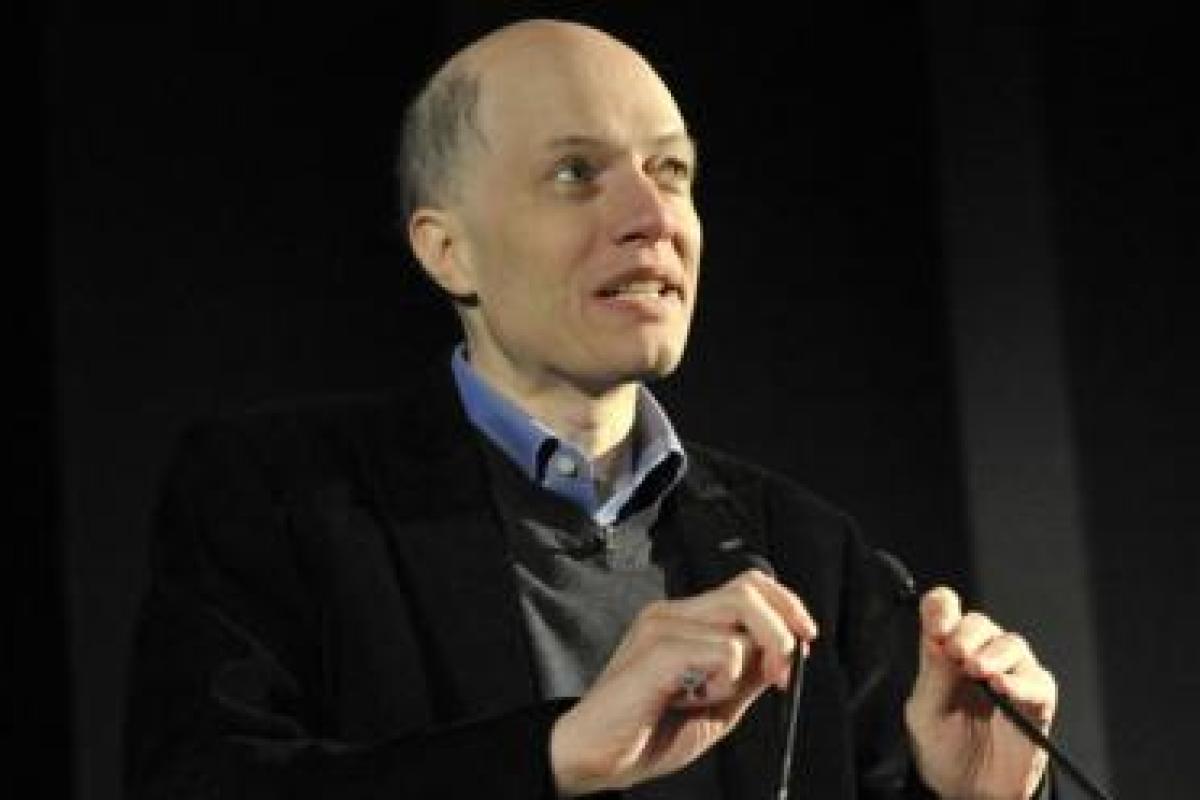I promised I’d review last Wednesday’s conference and dinner. Well either the eyesight is failing or the BFI is a much dimmer environment than the Opera House – either way my notes are somewhat indecipherable and there aren’t as many as usual!!
So I have decided my review will be of the bits that stuck with me – my most memorable moments.
The failing eyesight probably marks me out as being beyond millennial generation, so that might account for my surprise at Maebh Quoirins’s comment that 53% of people with social networks follow brands, not just to get the info and discounts, but with most people simply for the love of the brand. I wasn’t surprised that people are doing it – it’s what as brand owners and marketers we want them to do – it was just the sheer number that surprised me.
I also loved the fact – new to me - that the smiley face emoji is now part of the Oxford English Dictionary, a real demonstration of the power of visual language and a new evolution to language itself – almost back to the language of hieroglyphics.
Dan Ariely and Ann Marie Farrell entertained us with some great stories about how people can be nudged to buy. They talked about the power of free, and the story of the small free snicker being chosen over the larger one that offered overall better value was yet another example of the dominance of the system 1 brain in decision making. I am still pondering how the locksmith scenario could be applied in my business – I am a little uncomfortable about being paid for incompetence!
I loved Anthony Thompson’s description of what a Vision should do – it should ‘make you take a sharp intake of breath and cause a nervous giggle.’ And his assertion that ‘Culture eats Strategy for Breakfast. It’s not about what you say but about what you do.‘ Good tried and tested marketing principles which shouldn’t be forgotten alongside a world of magic, Mexican masks and AI.
I really liked Alain de Botton’s piece - the thought that 50% of human happiness is down to relationships, and how thinking about that might change the way brands behave and market themselves. Although I’m still not convinced I really want my romantic weekend away to involve danger, risk and threat, his entreaty that we should enrich the psychological offerings of brands in how they deliver products and services, (rather than just in an ad,) rang true in terms of brands being experiences.
I felt a little uncomfortable when Dave Brailsford talked about the importance of habitualising behaviour, and spoke about the lack of focus that is often given to that in training. It made me think again of several things I have learned in various courses over the past year that I haven’t yet habitualised. And the power of reflective practice also struck me – especially when it is taken as far as writing a book to yourself. I was also struck by the fact that performance in the Britsh Cycling team wasn’t down to a lack of knowledge and that therefore improvements in performance had to be attacked in a very practical way – small incremental changes. Of course it made me wonder about the small incremental changes we should be making in our business. We’re pretty good –what do we need to tweak to be Olympic Gold Standard?
And finally I enjoyed the provocative way that Luke Johnson talked about start ups – the grit and determination that is needed – the contrast between the entrepreneur who puts his heart, soul and house on the line for the business, and so is prepared to move heaven and earth to make it succeed and conquer, as opposed to his view on the big businesses with big boards focused on cost cutting and looking after their own interests. His plea that we need more entrepeneurs, that they need to be respected in the same way as those with letters after their names, as wealth generators and job providers – capitalists in the true sense was compelling. However I should have asked what happens when the entrepeneurs become big businesses – the ExOs that we keep hearing about today – does it all automatically go wrong?
Vicky Bullen is CEO at Coley Porter Bell. Read more from her here.
